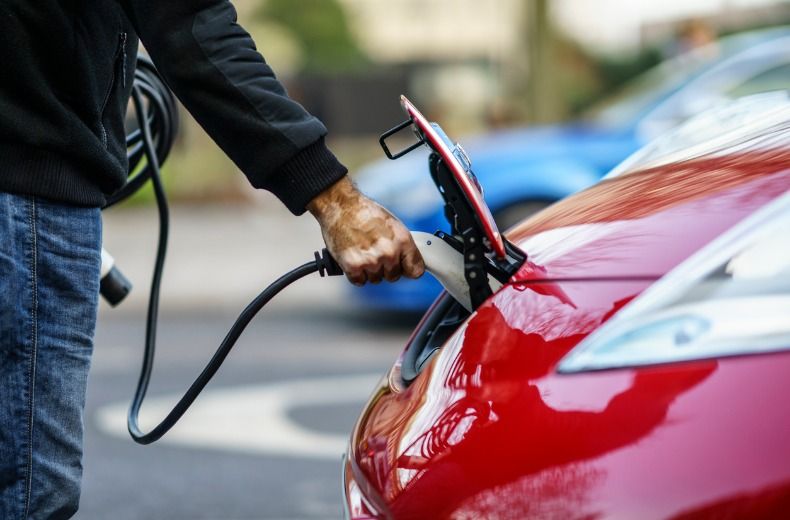Drivers need to spend £2,100 a year to comfortably run and own an EV, according to the latest analysis from the Centre for Economics and Business Research (CEBR).1
This expenses calculaton, which includes charging, could prevent up to 10 million motorists from joining the green revolution and buying an EV. CEBR says the research suggests access to an EV is a “pipe dream” for a third of the population.
Just last week Boris Johnson confirmed the ban on the sale of new petrol and diesel cars will be brought forward to 2030.
Many consumers hope the announcement will be a catalyst for change in the affordability and charging infrastructure of EVs.
Mike Hawes, SMMT Chief Executive, said: “Success will depend on reassuring consumers that they can afford these new technologies, that they will deliver their mobility needs and, critically, that they can recharge as easily as they refuel."2

Cheaper than AA or we’ll beat by 20%^
• Roadside cover from £5.49 a month*
• We get to most breakdowns in 60 mins or less
• Our patrols fix 4/5 breakdowns on the spot
*At least 10% of new customers pay this for single-vehicle Roadside (Basic). ^Find the same cover cheaper on theaa.com within 7 days & we'll beat it by 20%. T&Cs here.

Entry-level cars are usually £5,000 more expensive than fuel equivalents, and one in six English councils have failed to install chargers on residential roads, even though 2.8million will be needed.
RAC head of roads policy Nicholas Lyes called the upfront cost of EVs the “biggest barrier to going electric”.
He said: “We hope the Government’s announcement will pave the way to lower list prices, thereby accelerating take-up. This in turn will help lead to EVs being more readily available on the second-hand market which is where the majority of people choose to buy their vehicles.”
Mr Lyes highlighted that those purchasing an electric car face a big learning curve to understand the different types of chargers, connectors and different charging speeds currently available.
- Electric cars – a definitive guide and tips for buyers
- Electric car charging – how it works and how much it costs
- The road to electric in charts and data
While charging takes significantly longer than topping up with petrol or diesel, EV owners without off-street parking will also have to plan how and when to top up their battery.
Before the 2030 deadline, production lines will have to radically adapt to build a wider range of EVs in a profitable way, while the UK’s charging network will need to grow exponentially to cater for demand.
“The car industry and those responsible for charging infrastructure now have an enormous task on their hands,” Mr Lyes added.
How do you feel about the 2030 ban on the sale of new petrol and diesel vehicles? Are you confident that the motoring industry will step up to the challenge and make driving affordable in an electric future? Or are you worried that driving as we know it will change for the worse? Leave a comment below.
2 https://media.smmt.co.uk/smmt-response-to-2030-ice-end-of-sale-date-announcement/
Get 30 driving tips that will save you money
Running a car isn’t cheap, but there are some easy things you can do to keep your costs down. Get these tips and more useful driving articles sent straight to your inbox now.










